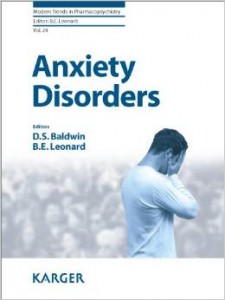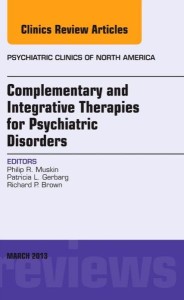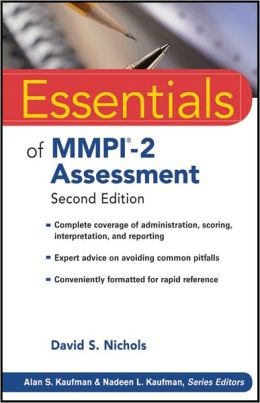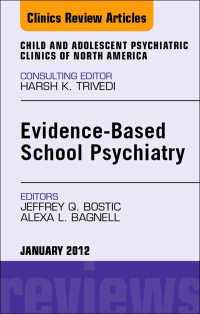-35%
Delving into the ABCs of Autism: A Comprehensive Guide for Healthcare Practitioners
Autism, a neurodevelopmental condition, presents a complex array of challenges for individuals and their families. Understanding the intricacies of this condition is crucial for healthcare practitioners, who play a vital role in providing informed care and support. “ABC of Autism” emerges as an indispensable resource, offering a comprehensive overview of the symptoms, evaluation, treatment, and management of autism for both daily practice and ongoing patient support plans.
Symptoms: Unraveling the Spectrum of Manifestations
Autism manifests in a spectrum of symptoms, ranging from mild to severe, affecting each individual differently. Key features include:
- Impaired social communication and interaction: Difficulties initiating or reciprocating social interactions, making eye contact, and understanding nonverbal cues.
- Repetitive and restricted patterns of behavior: Insistence on sameness, repetitive movements (such as rocking or flapping), and narrow interests.
- Sensory sensitivities: Oversensitivity or undersensitivity to sensory stimuli, such as bright lights, loud noises, or certain textures.
- Cognitive challenges: Variable cognitive abilities, with some individuals exhibiting advanced cognitive skills and others facing significant challenges.
- Emotional dysregulation: Difficulty managing emotions, leading to outbursts or withdrawal.
Evaluation: Assessing and Identifying Autism
Early and accurate diagnosis is crucial for timely intervention and support. Evaluation involves a comprehensive assessment that considers:
- Developmental history: Exploration of a child’s developmental milestones and any areas of concern.
- Clinical observation: Observation of the child’s behavior and communication patterns in different settings.
- Standardized testing: Use of validated standardized tests to assess cognitive abilities, language development, and social skills.
- Differential diagnosis: Ruling out other conditions that may present similar symptoms, such as attention deficit hyperactivity disorder (ADHD) or intellectual disability.
Treatment: Empowering Individuals with Strategies and Support
Treatment interventions for autism aim to maximize an individual’s potential and improve their quality of life. These include:
- Behavioral therapy: Teaching individuals adaptive behaviors, such as social skills, communication strategies, and daily living skills.
- Educational interventions: Providing tailored educational programs that cater to individual strengths and needs.
- Sensory integration therapy: Helping individuals navigate and manage sensory challenges.
- Medication: Medications may be prescribed to manage symptoms such as hyperactivity, impulsivity, or anxiety.
- Family support: Providing education, guidance, and emotional support to families coping with autism.
Management: A Holistic Approach to Care
Effective management of autism requires a comprehensive and collaborative approach that involves:
- Individualized plans: Creating customized care plans that address each individual’s unique needs and goals.
- Interdisciplinary teamwork: Collaboration between professionals from various disciplines, such as doctors, therapists, educators, and social workers.
- Family involvement: Fostering open communication and empowering families as partners in care.
- Ongoing assessment and monitoring: Regular evaluation to track progress and adjust interventions as needed.
- Long-term support: Providing sustained care and support throughout an individual’s life journey with autism.
“ABC of Autism” serves as an invaluable resource for healthcare professionals seeking to deepen their understanding of this complex condition. By demystifying the symptoms, guiding evaluation, outlining treatment options, and emphasizing the importance of holistic management, this guide empowers clinicians and medical students to provide compassionate and effective care for individuals on the autism spectrum.
maybe you like these too:
- Autism Spectrum Disorders: Practical Overview For Pediatricians, An Issue of Pediatric Clinics (The Clinics: Internal Medicine) (Original PDF from Publisher)
- MCI and Alzheimer’s Dementia: Clinical Essentials for Assessment and Treatment of Cognitive-Communication Disorders
- Audio Digest Psychiatry 2020 (CME AUDIO)
- Differential Diagnosis of Autism Spectrum Disorder (Original PDF from Publisher)







Reviews
Clear filtersThere are no reviews yet.